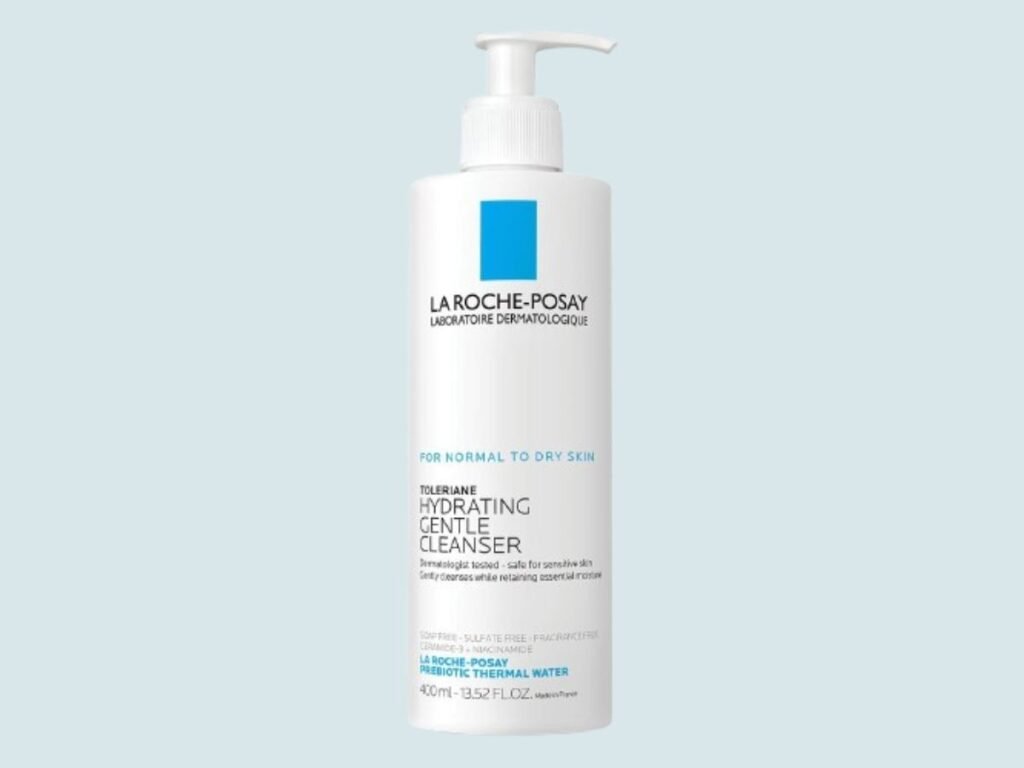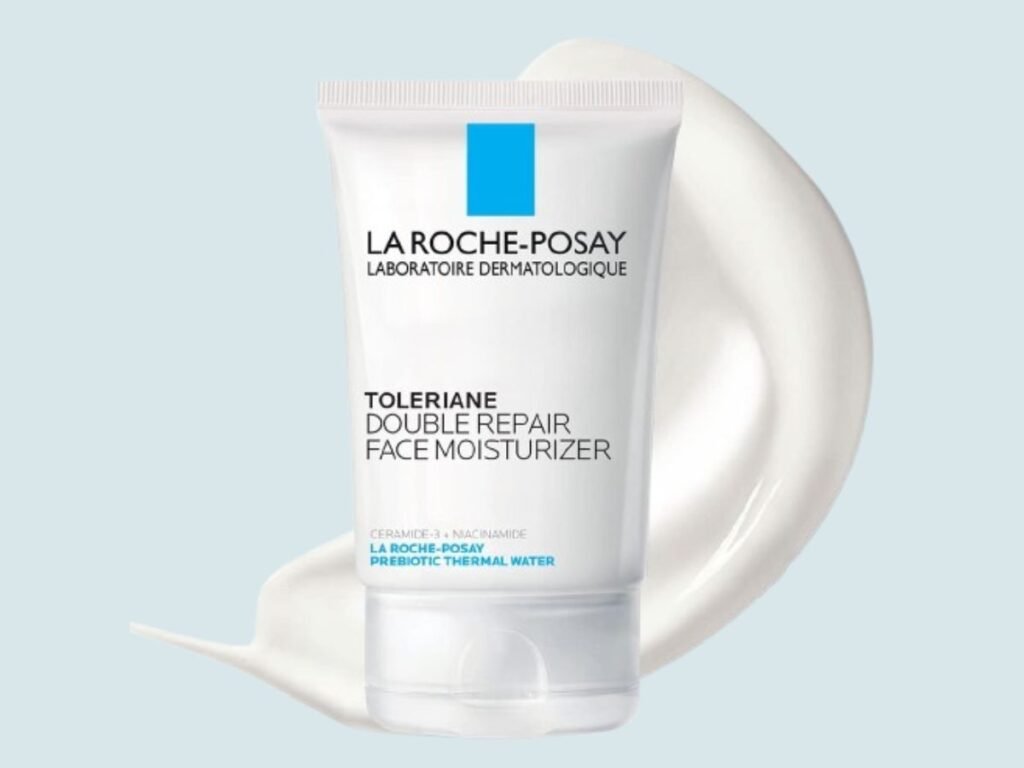Top Anti-Inflammatory Skincare Guidelines

If your skin has inflammation, then you should be happy. Because your skin’s defense system has identified some harmful invading elements. But since it is not strong enough to prevent them, inflammation has developed in your skin. Therefore, you should make your skin’s defense system strong enough and take care of it. And if inflammation had not formed, you might not have known about this issue, so sometimes bad things also bring some good.
However, this inflammation is not always only created due to the attack of external harmful elements and damage to the skin barrier. Because of some internal reasons of the skin and some mistakes in our skincare, such inflammation can also occur. But now the question is, how to do anti-inflammatory skincare? That I will explain in this article. Also, why does this inflammation happen? What damages does it cause? I will also reveal those secrets today. So, let’s say goodbye to skin inflammation.
What causes skin inflammation?
Problems such as redness, swelling, burning, or itching of our skin are collectively called skin inflammation or dermatitis. There are many reasons why skin inflammation occurs.
First, be careful about allergies because sensitivity of the skin to any cosmetics, soap, detergent, or food can cause inflammation. Second, infections from bacteria, viruses, or fungal attacks create inflammation in the skin, which is mainly an infection. In addition, excessive sunburn or long-term use of harsh chemical products weakens the upper layer of the skin, which damages your skin and increases inflammation.
In the list of increasing skin inflammation, there are some chronic skin diseases such as eczema, psoriasis, or dermatitis that can cause persistent inflammation. Also, the effects of the body and lifestyle, such as lack of sleep, unhealthy foods, or excessive mental stress, make skin inflammation even worse.
What Should You Use for Anti-Inflammatory Skincare?
For anti-inflammatory skincare, you need to use products that soothe the skin, keep it hydrated, and reduce redness or irritation. Especially if you have sensitive or highly inflammation-prone skin, it is best to use light, fragrance-free, and gentle products. Using such products not only reduces redness or irritation but also helps maintain your skin’s natural balance in the long term. Here, I am suggesting a cleanser and moisturizer for your anti-inflammatory skincare routine.
La Roche-Posay Anti-Inflammatory Cleanser

Sensitive and inflammation-prone skin requires a gentle face cleanser. Such a cleanser should have a light creamy or milky texture that does not overly dry out your skin. La Roche-Posay’s cleanser contains ceramides, glycerin, and Spring Water, which on one hand retain your skin’s moisture, and on the other, strengthen the skin’s natural barrier. The best part is that it is sulfate-free, alcohol-free, and fragrance-free, making it completely safe for sensitive skin.
So what happens after using this cleanser? After use, your skin will feel clean, hydrated, and calm. You can use it regularly as a morning and evening face wash. And then watch the magic—if you have eczema, rosacea, or easily flushed skin, it is very effective. However, it is not enough to remove heavy makeup or waterproof sunscreen. In that case, you can use a makeup remover first.
La Roche-Posay Anti-Inflammatory Moisturizer

After cleansing, you need a light yet deeply hydrating moisturizer, specifically designed for sensitive and inflammation-prone skin. La Roche-Posay Anti-Inflammatory Moisturizer offers all of this. It contains ceramide-3, niacinamide, glycerin, and the brand’s own prebiotic thermal water. These ingredients together retain your skin’s moisture and strengthen the natural barrier, helping to reduce redness and irritation.
Its texture is a light cream-gel that is quickly absorbed into the skin, keeping it hydrated all day without a greasy feeling. Additionally, it is oil-free, fragrance-free, and non-comedogenic, making it safe for dry, sensitive, and even acne-prone skin. With regular use, your skin will become softer, healthier, and more radiant.
What Natural Ingredients Are There for Anti-Inflammatory Skincare?
To reduce the burning sensation of your skin, I also have some wonderful natural ingredients. These natural ingredients not only calm the skin but also restore the skin’s natural glow and health for a long time. To make it easier for you to use these natural ingredients, I have explained all the ingredients below.
Aloe Vera
For a long time, aloe vera has been a trusted name in our skincare. The gel-like part inside aloe vera contains plenty of vitamins, minerals, and antioxidants. That is why aloe vera is the first choice to reduce sunburn, burning, or redness of the skin. It keeps the skin cool and fresh, reduces inflammation quickly, and helps in healing wounds. It is also safe for sensitive skin.
Green Tea Extract
Green tea also contains polyphenols and powerful antioxidants that soothe the inner inflammation of the skin. Besides inflammation, it reduces excess oil on the skin and helps control bacteria. As a result, it works great in preventing acne. If you use skincare products with green tea regularly, your skin will become clearer and more balanced.
Chamomile
Chamomile is a natural soothing ingredient for the skin. To reduce redness and itching of the skin, chamomile contains compounds like azulene and bisabolol. For sensitive or easily inflamed skin, chamomile is highly effective. It not only calms the skin but also restores its softness.
Turmeric
Turmeric is a familiar ingredient used in our home remedies. Curcumin in turmeric naturally has anti-inflammatory and antibacterial properties. Along with reducing inflammation, it lightens acne and scars and helps to enhance the skin’s brightness.
Honey
Honey is a unique gift of nature for us, with antibacterial qualities. It is not only used for skincare but also for improving the body and as a remedy for various diseases. Honey not only reduces skin inflammation but also moisturizes the skin and keeps it hydrated from within. On acne-prone or dry rough skin, honey naturally soothes and accelerates the skin’s healing.
Oatmeal
If your skin is inflamed along with being dry and itchy, oatmeal is an ideal ingredient for your skin. The beta-glucan it contains retains skin moisture and reduces irritation. Oatmeal is highly effective in soothing any skin affected by eczema or dermatitis.
Cucumber
Cucumber contains plenty of water, vitamin C, and caffeic acid, which help reduce inflammation. Putting cucumber slices on sunburnt skin or swollen eyes provides instant cooling. It keeps the skin fresh and comfortable. However, it is not very effective in eliminating inflammation.
Tea Tree Oil
Tea tree oil is a powerful anti-inflammatory and antibacterial ingredient in skincare and for reducing skin inflammation. Especially for acne-prone skin, it is very useful. It reduces acne inflammation and destroys germs inside and outside the skin. However, it should never be used directly; it should always be diluted, otherwise irritation may occur.
How to Incorporate These Ingredients into Your Skincare Routine?
Don’t worry about how to include these anti-inflammatory ingredients in your skincare routine. In fact, you can very easily incorporate these ingredients into your current routine without going through any hassle. Below, I have explained how to include these ingredients in your skincare routine.
Your anti-inflammatory skincare routine will start with a gentle cleanser designed for sensitive skin. For example, La Roche-Posay Anti-Inflammatory Cleanser, which cleans your face, removes excess oil or dirt, and soothes the skin. After cleansing, you can optionally use a light toner, such as an aloe vera gel or green tea extract toner, which helps reduce inflammation and prepares the skin for the next products.
Next comes serum. Serums enriched with niacinamide, green tea extract, or chamomile reduce internal inflammation in the skin, minimizing acne or redness. After using the serum, you can apply a light hydration or emulsion. La Roche-Posay Anti-Inflammatory Moisturizer or lightweight moisturizers based on aloe vera, oatmeal, or honey keep the skin hydrated and nourished from within, reduce inflammation, and strengthen the natural barrier.
If you want to know What is an Emulsion Skincare? then read
Before going outside during the day, you can use a light, fragrance-free, and non-comedogenic sunscreen. This protects the skin from harmful UV rays and prevents skin inflammation from increasing. Additionally, 1–2 times a week, use masks with special ingredients such as turmeric, cucumber, tea tree oil (diluted), honey, or chamomile. These help control excess inflammation, keeping the skin calm and refreshed.
You should introduce all products in your routine gradually, starting from light to heavier formulations. If you have sensitive skin, always use fragrance-free and hypoallergenic products. Begin slowly after incorporating these ingredients. By following the full routine this way, your skin will be calm, hydrated, nourished, and inflammation-free.
Which Ingredients to Avoid for Anti-Inflammatory Skincare?
For anti-inflammatory skincare, you should avoid certain ingredients. These can increase your skin’s tendency toward inflammation and sensitivity, causing irritation, redness, or dryness. Therefore, you need to be cautious about these ingredients in your skincare. Here is a list of such ingredients:
- Alcohol: It dries out the skin and can increase irritation or redness on sensitive skin.
- Harsh Fragrance: Products with added fragrance can cause itching or allergic reactions for many people.
- Sulfates: This ingredient, used for foaming, strips the skin of natural oils and can increase inflammation.
- Strong Exfoliants: High-concentration AHAs, BHAs, or rough scrubs can increase irritation or redness on sensitive skin.
- High-Concentration Retinol or Vitamin C: Using a strong formula initially on sensitive skin can cause irritation or redness; therefore, it should be used gradually.
- Preservatives or Parabens: Some sensitive skin types may react to these.
